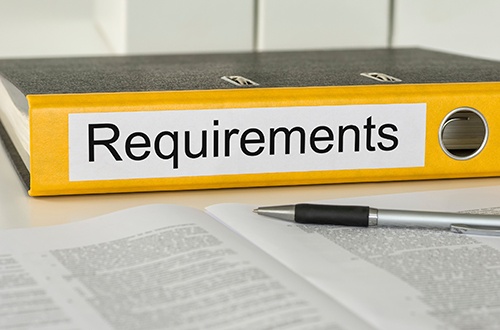
AIAG’s Quality 2020 study identifies automotive pain-points related to customer specific requirements (CSRs) and finds that both OEMs and suppliers have CSR concerns — just not the same ones.
AIAG’s new Quality 2020 study finds that OEMs and suppliers both rank customer specific requirements as one of the two most critical issues impacting quality. (The other top concern is problem solving — see report, “Inadequate Problem Solving Tops the List of Automakers’ Quality Concerns.”)
However, suppliers are most concerned with their ability to standardize business processes and systems, while OEMs are concerned with managing customer expectations and relationships.
The survey upon which the study is based was conducted by the Automotive Industry Action Group (AIAG) in collaboration with Deloitte Consulting LLP and released as a free downloadable white paper on June 10, 2015.
Quality 2020 uses the survey data to identify needed improvements, with the goal of putting them in place by 2017 and then measuring the results of this industry-wide quality initiative by 2020. “Quality 2020 is an illumination of where the industry needs to take action, improvement's only possible if automotive companies are willing to put resources behind the plan, get engaged, and address the concerns,” says J. Scot Sharland, AIAG’s executive director.
While the study found that OEMs and suppliers overwhelmingly agree that automakers would benefit from having one consolidated set of OEM CSR requirements, they also agreed that significant effort would be required to change QMS standards or requirements.
And yet, despite the expected challenge, a near-unanimous agreement on the benefits of a single set of requirements indicates an opportunity for collaboration in addressing this impediment to optimum quality.
David Kneisler, vice president, global quality for Dana Holding Corporation and chairman of the AIAG board of directors, points out that obviously, OEMs believe quality is not only critical to their business but also a competitive advantage, so there is a need for some customer specific requirements. “Speaking as a tier supplier, however, the complexity of CSRs for Tier 1s is difficult, and the challenge for Tier 2 through Tier N must be incredibly confusing,” he says. “A standard approach would have significant benefits — we should commonize what could be commonized.”
Kneisler found it interesting that across both OEM and Tier respondents, all recognize a significant resistance to change, while simultaneously acknowledging that there would be significant benefits to that change. “We need to explore together those areas that everyone feels could significantly benefit the industry and work diligently at removing some of the barriers and perceived risks associated with that endeavor,” he says.
In fact, the International Automotive Task Force (IATF) and AIAG have been working on CSR consolidation projects with OEMs and Tier 1 suppliers, respectively. In the Quality 2020 report, Sharland says through collaboration, he is confident that the lion’s share of the current CSR redundancies can be incorporated into the basic quality standard or diverted to the OEMs/Tier 1s Terms & Conditions.
Encouragingly, OEMs and suppliers do agree that the current state of CSRs impacts their ability to manage customer expectations and relationships, as well as their ability to manage and respond to quality-related events. Quality 2020 results clearly identify potential advantages through consolidation and alignment of both OEM and Tier 1 specific requirements. Despite the challenge inherent in any consolidation attempt, the potential benefits clearly justify the effort required.
“OEMs and suppliers must focus on the outcome, not on the structure,” says David Schultz, head of Global Performance Partners and co-author of AIAG’s CQI-22 Cost of Poor Quality Guideline. “If consolidated CSRs benefit the end-user, then resistance should not be our issue. The important questions are: What does the customer need, want, and expect? And what prevention-oriented processes and culture do we need to make that happen?”
“There could be significant gains in commonizing CSRs,” agrees Bill Hurles, director of General Motors supply chain. “One common set of requirements should be our goal, but realistically, if we could reduce the variation by 50 percent in the next 12 months, that would be a huge benefit to both OEMs and suppliers. I think that is possible, and AIAG is in a great position to help achieve that target.”
Don’t forget: There’s still time to register for the 2015 Quality Summit, Sept. 22-23, 2015 at the Suburban Collection Showplace in Novi, Michigan. For more information on how you can get involved in AIAG’s quality-related initiatives, visit www.aiag.org or contact Karen Whitmore at kwhitmore@aiag.org.


